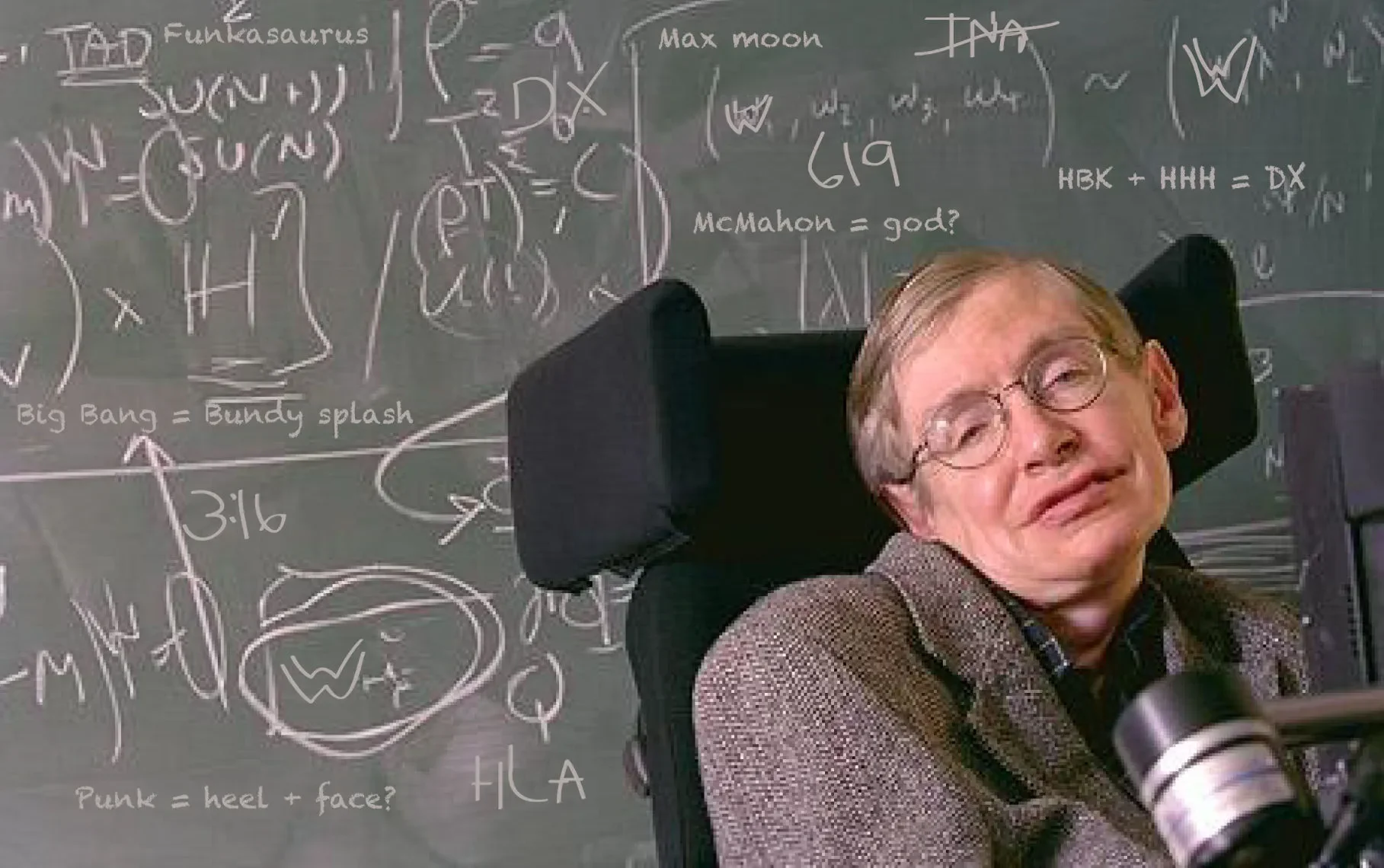The Freedom to Change
A big part of my work as a pastor was spent in conversation with members of the congregation. Sometimes people would come to my office at the church, but often they would invite me to meet for lunch where the setting was more casual. It was not unusual to have well over 100 of these lunch meetings a year.
While most of the conversations during those lunch dates have faded from my memory, there are a few that I continue to think about. One luncheon, with a man in his early thirties, I remember vividly to this day. He had been a member of our congregation for almost two years when he invited me to join him for lunch. He loved Mexican food, so we met at his favorite restaurant in Dallas where amazing tamales and enchiladas were the specialty.
For the first 30 minutes or so the conversation was casual, and I thought his only agenda was to become better acquainted with me. It wasn’t long, however, before I realized that my lunch companion had far more on his mind than tamales.
“You’re changing my world,” he said to me. “Your understanding of God, Scripture, and faith are forcing me to revisit all my theological convictions that I was so sure about. It is quite upsetting.”
For a moment or two, I thought he was going to excoriate me, but I quickly realized that his intentions were just the opposite. He thanked me for opening up his mind to new ways of thinking about what it means to be a person of faith. “For the first time in my life,” he said, “I feel the freedom to think outside the box, and I’ve discovered that God is infinitely bigger than all the dogma that filled my self-constructed box.”
Don’t think for a moment that my young lunch partner was simply buying all that I had taught or preached from the pulpit. He was not. And I didn’t want him to. I encouraged him to think for himself and feel free to disagree with me. “God is too big,” I shared with him, “for any one man or even one religious perspective to have all the answers.”
Over the next several years, I had more lunches with my friend and observed how his faith was changing. I was grateful that he was not becoming a theological clone, but was charting his own spiritual course. When I later moved to a different state and became pastor of a new congregation, I slowly lost touch with him, but I have never forgotten that first lunch. An authentic faith is one that is unafraid to examine, question and, if need be, change its understanding of God.
Many people find change difficult, some even resist change, but for those who dare to be open to new ways of thinking, the rewards can be, well, life-changing! To close yourself off from change, to believe what you know is unquestionably right, is akin to being closed-up in a casket before you die. Change is a sign of life!
When the brilliant Stephen Hawking had his dissertation “Properties of Expanding Universes” approved, his advisor asked him what he was going to work on next. Hawking replied, “Now I’m going to try and disprove my dissertation!” What he had spent years on trying to prove, he would now work to find weaknesses in his argument and tear it all apart.
Stephen Hawking
I love that story. It reminds me that nothing is so settled, so beyond dispute, that there is not room for clearer understanding. So often what we think we know, what we are absolutely sure about, comes crumbling down when we dig deeper and gain new insights. Galileo’s heliocentric universe, which contradicted all prevailing science at that time, was condemned by the church as heretical because it did not square with scripture’s teaching that the earth was the center of the universe. The Apostle Paul upset the theological applecart when he wrote that circumcision was not required in order to be part of the community of faith. The freedom to change signals that there is more to learn, more than what we know now.
The conservative pastor W.A. Crisswell, long-time pastor of one of the largest Southern Baptist churches in America, was convinced that divorce was wrong in any circumstance. So strong were his views regarding what he believed Jesus taught, he preached for years that if divorced persons remarried, they would commit adultery. This conviction prevented him from performing wedding ceremonies for anyone who had been divorced.
W.A. Crisswell
Then something happened that changed his views—his daughter went through a messy divorce. Pastor Crisswell experienced first-hand his daughter’s pain and distress and realized that divorce was not so simple or clear-cut as he had once thought. He began to reread what Jesus said and focused more on forgiveness than punishment and that resulted in a change of mind about divorce. Divorce, he concluded, was just as forgivable as any other failure. Divorce was not a permanent stain on one’s character or honor. The more understanding view of divorce was always there in Jesus’ teaching, but he had been afraid to change.
I wonder what religious views we hold as sacrosanct today will one day be interpreted in a completely different light? Jesus reminds us that when he would no longer be with us, the Comforter would come and teach us all things (Jn. 14:26). What new understandings of God and faith will the Comforter teach us in the future? Whatever they are, it will require us to change.
How often we grow rigid in our thinking about issues we know little about. To make matters worse, on top of our gaps in knowledge, we view change as a weakness instead of a sign of faith. Just because a conviction makes us feel comfortable doesn’t necessarily mean it is right. The nature of faith encourages change, maybe even demands it.




